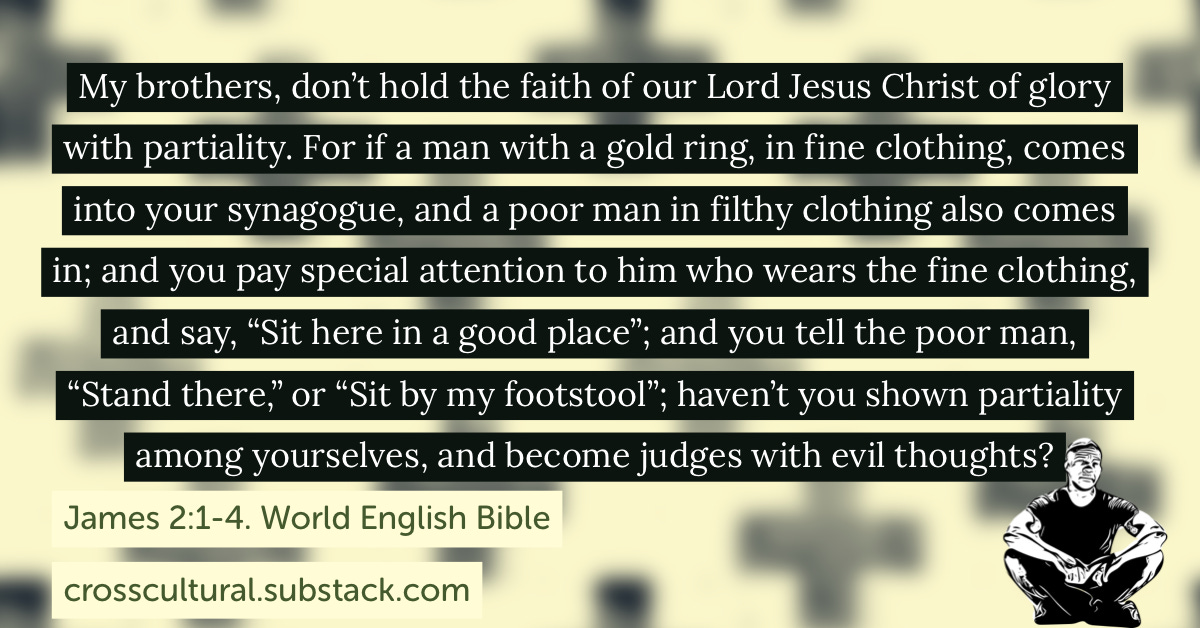Paul's Cross-Cultural Example at Mars Hill: Acts 17

Sunrise on Mars Hill. Athens, Greece. Photo by Jon Fortt.
Our divided world is in desperate need of Christians who will reach beyond our comfort zones and engage with others. Here are some reflections on how Paul did it.
Acts 17: 16-32, World English Bible
16 Now while Paul waited for them at Athens, his spirit was provoked within him as he saw the city full of idols. 17 So he reasoned in the synagogue with the Jews and the devout persons, and in the marketplace every day with those who met him. 18 Some of the Epicurean and Stoic philosophers also were conversing with him. Some said, “What does this babbler want to say?”
Others said, “He seems to be advocating foreign deities,” because he preached Jesus and the resurrection.
19 They took hold of him and brought him to the Areopagus, saying, “May we know what this new teaching is, which you are speaking about? 20 For you bring certain strange things to our ears. We want to know therefore what these things mean.” 21 Now all the Athenians and the strangers living there spent their time in nothing else, but either to tell or to hear some new thing.
22 Paul stood in the middle of the Areopagus, and said, “You men of Athens, I perceive that you are very religious in all things. 23 For as I passed along and observed the objects of your worship, I also found an altar with this inscription: ‘TO AN UNKNOWN GOD.’ What therefore you worship in ignorance, I announce to you. 24 The God who made the world and all things in it, he, being Lord of heaven and earth, doesn’t dwell in temples made with hands.
25 He isn’t served by men’s hands, as though he needed anything, seeing he himself gives to all life and breath, and all things. 26 He made from one blood every nation of men to dwell on all the surface of the earth, having determined appointed seasons, and the boundaries of their dwellings, 27 that they should seek the Lord, if perhaps they might reach out for him and find him, though he is not far from each one of us.
28 ‘For in him we live, move, and have our being.’ As some of your own poets have said, ‘For we are also his offspring.’ 29 Being then the offspring of God, we ought not to think that the Divine Nature is like gold, or silver, or stone, engraved by art and design of man. 30 The times of ignorance therefore God overlooked.
But now he commands that all people everywhere should repent, 31 because he has appointed a day in which he will judge the world in righteousness by the man whom he has ordained; of which he has given assurance to all men, in that he has raised him from the dead.”
32 Now when they heard of the resurrection of the dead, some mocked; but others said, “We want to hear you again concerning this.”
Paul’s Approach: Reasoning, Conversing, then Presenting
A couple of years ago I went to Greece on vacation with my wife and two boys. We visited the Areopagus, also known as Mars Hill. I was awestruck. I've never been to Israel — that's on my bucket list — but being at that spot in Athens gave me that feeling of stepping into scripture.
Mars Hill is an incredibly smooth rock slope where Greeks have gathered for thousands of years. They'd been gathering there for centuries already even at the time when Paul stood there, in the moment Acts 17:16-32 records, so I imagine the rock was smooth even then. In my visit, on a spring afternoon, I brought my family close, pulled out my phone and opened the Bible app to read them this passage. It gave me chills to be a traveler in Athens, speaking the words of Paul in the place where he himself spoke them as a traveler 2000 years ago.
It occurred to me that the encounter Paul had in that spot, engaging with the philosophical and the curious, provides an example of how we might engage with other cultures as followers of Christ. Paul didn't just get off a boat in Athens, hike out to Mars Hill and start preaching. He did his homework.
First he paid attention: He saw that the city was full of idols.
Then he had diverse conversations: He reasoned both in the synagogue with his fellow Jews, and in the marketplace with people outside his own religious background. On top of that, he talked with Epicurean and Stoic philosophers, people with very different ideas about the ultimate goal in life, pleasure or virtue. Paul wasn't just giving speeches; he was reasoning, having conversations. He was learning about Athens by having peer interactions with Athenians.
Only then did Paul get invited to give a TED Talk.
I'm kind of joking, but kind of not. That's the equivalent of what it was. In the first century, before the Internet, Paul went viral in Athens. Through small social interactions, cultural incursions, he got enough “likes” to win an invitation to the big stage: Mars Hill, to talk to the Council.
The speech Paul gives at Mars Hill shows real cross-cultural intelligence. The altar to the unknown god gets most of the attention, but that's not the only thing. When Paul says in verse 28 that in God "we live, move and have our being" he's likely quoting Epimenides. When he says, "for we are also his offspring," he's quoting Aratus. Paul is showing respect for the cultural touchstones of Athens to introduce Athenians to Christ. As he writes in 1 Corinthians 9, to the Greeks he's becoming a Greek, "for the sake of the Gospel."
That should challenge us today. What are we willing to listen to, think about, incorporate in this atmosphere of racial division? Are we willing to see people, converse with them and earn the right to explore deeper truths, as Paul did?
In this time of battling slogans, are we willing to get close enough to "become" someone from a different perspective for the sake of the Gospel?
Here is a video version of this message:

If you’ve subscribed since the first edition of this Cross Cultural newsletter, you might have missed that first emailed post, Race, the Holy Spirit and the Great Commission. If you’re one of the original subscribers, you might have missed the video version of that post. Here are both:

I’m also creating some shorter Cross Cultural posts that don’t go out as separate emails, as a way of introducing people to the newsletter and community I hope we build here. (And I don’t want to overwhelm your inbox.) Here’s one from last week:
If you want to get those posts as soon as they come out, follow Fortt Media on Twitter or LinkedIn:

